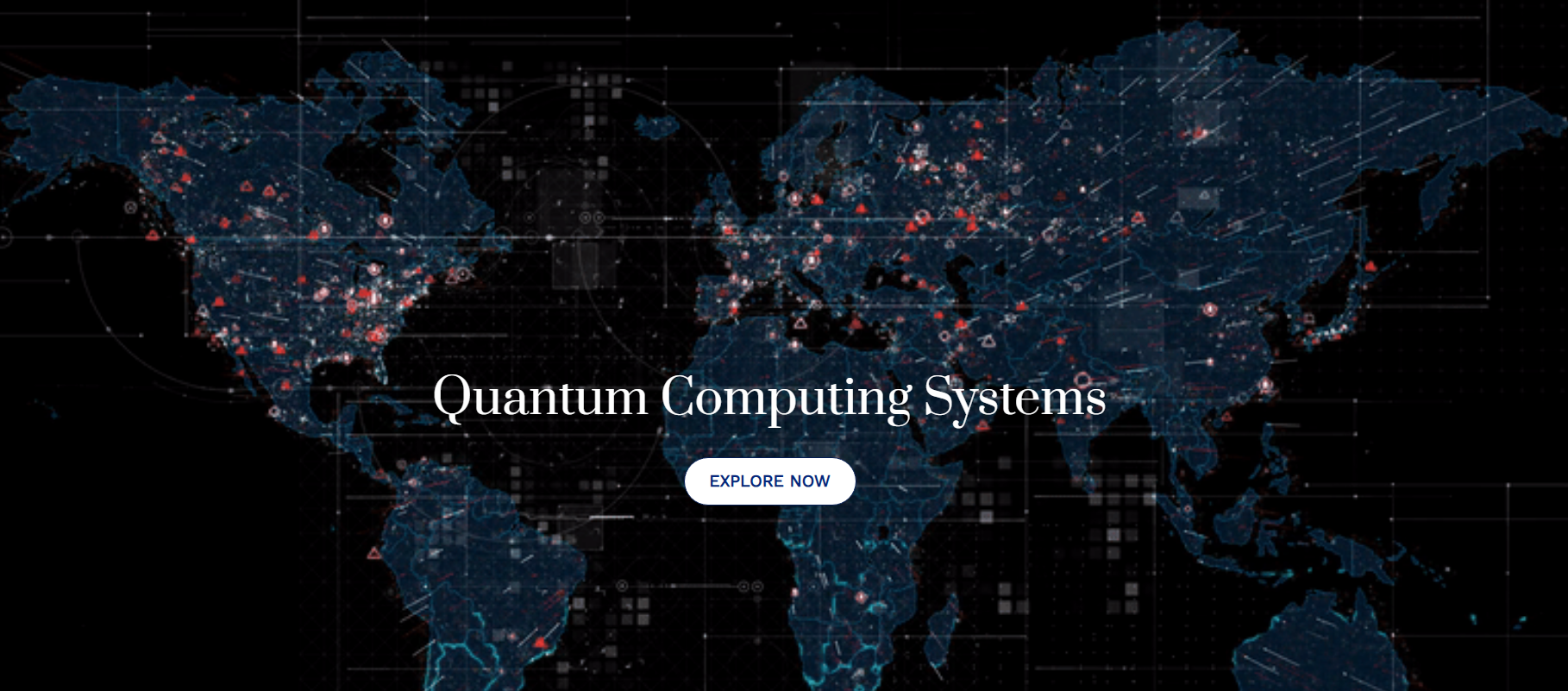The Growing Concern of Money Laundering in Banking
 Quantum Computing Systems
Quantum Computing Systems
Money laundering has been a longstanding issue in the banking industry, with criminals using complex schemes to hide the origins of their illegally obtained funds. This illicit activity not only poses a threat to financial institutions but also undermines the global economy. In this article, we will delve into the dark side of finance and explore how money laundering schemes are uncovered in the banking sector.
The Role of Banks in Money Laundering
Banks play a crucial role in the laundering of illicit funds, as they provide the necessary infrastructure for criminals to move their money around the world. By utilizing the banking system, criminals can disguise the true source of their funds, making it difficult for authorities to track and seize the illegally obtained assets.
Common Techniques Used in Money Laundering
There are various techniques that criminals use to launder money through banks, including smurfing, structuring, and shell companies. Smurfing involves breaking down large sums of money into smaller transactions to avoid detection, while structuring involves making multiple deposits or withdrawals to avoid triggering reporting requirements. Shell companies are also commonly used to disguise the true ownership of assets.
The Impact of Money Laundering on Society
Money laundering has far-reaching consequences, beyond just the financial sector. It can facilitate other criminal activities, such as drug trafficking, human trafficking, and terrorism. By allowing criminals to profit from their illegal activities, money laundering undermines the rule of law and erodes trust in the financial system.
Regulatory Efforts to Combat Money Laundering
In response to the growing threat of money laundering, regulators have implemented strict anti-money laundering (AML) laws and regulations. Banks are required to conduct due diligence on customers, report suspicious transactions, and implement internal controls to prevent money laundering. Failure to comply with these regulations can result in hefty fines and damage to a bank’s reputation.
Technology’s Role in Detecting Money Laundering
Advancements in technology have enabled banks to better detect and prevent money laundering. Many financial institutions now use sophisticated algorithms and artificial intelligence to analyze large amounts of data and identify suspicious patterns. By leveraging technology, banks can stay one step ahead of criminals and protect the integrity of the financial system.
Collaboration Among Financial Institutions and Law Enforcement
Effective collaboration between banks and law enforcement agencies is crucial in combating money laundering. By sharing information and intelligence, financial institutions can help authorities track down and prosecute money launderers. This partnership is essential in disrupting criminal networks and safeguarding the global economy.
Conclusion
Money laundering remains a serious threat to the banking industry and society as a whole. By understanding the common techniques used by criminals, implementing robust AML controls, leveraging technology, and collaborating with law enforcement, banks can better protect themselves and prevent money laundering schemes from taking root. It is imperative that financial institutions remain vigilant and proactive in uncovering and reporting suspicious activities to ensure the integrity of the financial system.

